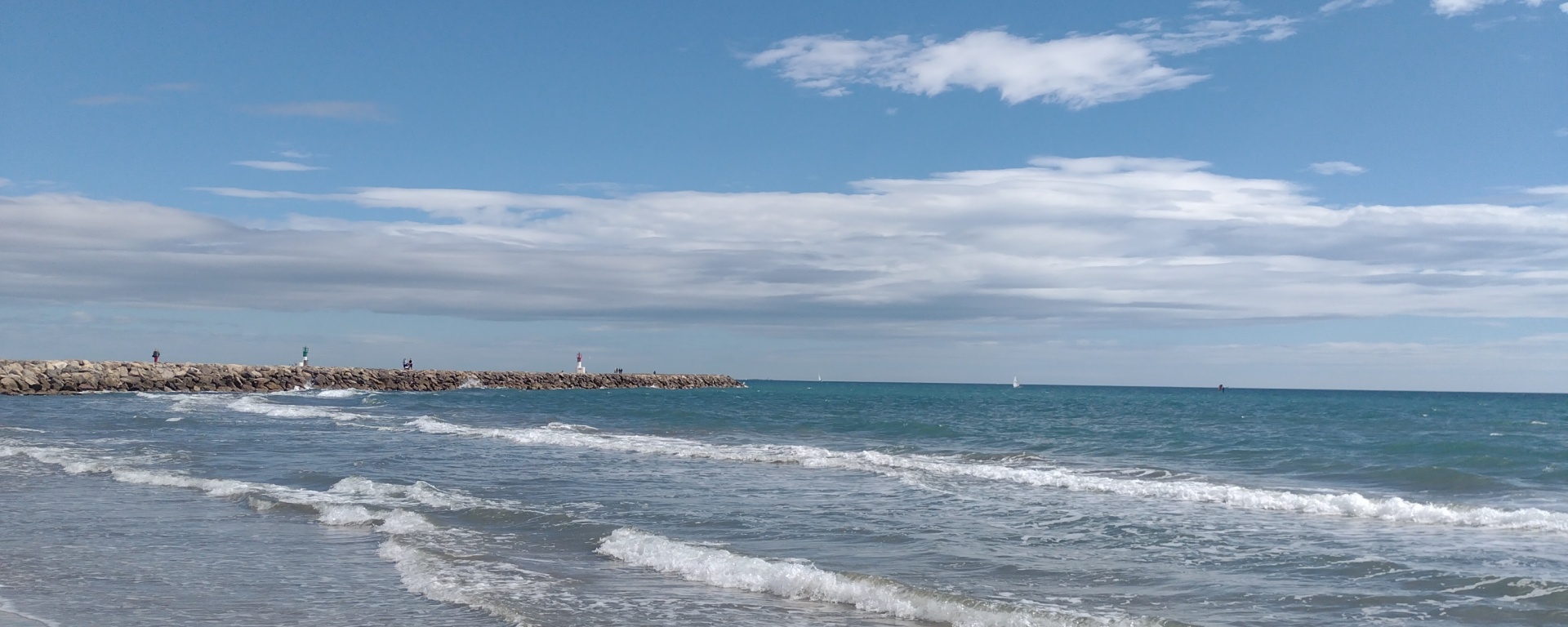
“Any life, however long and complicated it may be, actually consists of a single moment — the moment when a man knows forevermore who he is.”
–Jorge Luis Borges

Only 20th-century writer Jorge Luis Borges could poetically express the essence of life without using any poetry. During his childhood, he had everything to become one of the best storytellers in the world: his mother often depicted the Argentine War of Independence in a very elegant language and he grew up surrounded by books. His family was of Spanish, Portuguese, and English descent and this cultural diversity helped him understand the world better. Inspired by Apollinaire and other European poets, he discovered his only real vocation: to write.

He is best known for his “Ficciones” (Fictions), a 1944 collection of short stories that explore themes of reality, imagination, and the nature of language. In his later years, he lost the essential sense that made him a great writer and reader: sight. Despite his blindness, he continued to write and publish works, dictating his texts to his secretary or reading them aloud to friends for proofreading. Borges also continued to give lectures and travel, using his blindness as inspiration for many of his works, making him one of the most renowned authors of the 20th century.
Now that you know his life story, you know that resilience was what made him strong. He stoically accepted his destiny and this is why his quotes matter.

Borges is suggesting that time is both the material that composes his being and the force that shapes his existence. He sees himself as being swept along by the flow of time, yet he recognizes that he is also a part of that flow and that his actions and choices contribute to the direction of the flow. He feels that time is both something that is happening to him and something that he is actively participating in. This is where philosophical vertigo comes from, as defined by Sartre. We are eternally responsible for the time we have and the way we spend it.
By the way, I thought you might like reading this:
Borges believes that wasting your time and being unhappy is a sin:
“I have committed the worst sin of all
That a man can commit. I have not been
Happy.”
He knows his life is coming to an end, but it’s too late:
Let the glaciers of oblivion
Drag me and mercilessly let me fall.
He acknowledges the mistake he made, but it’s too late:
“My parents bred and bore me for a higher
Faith in the human game of nights and days;
For earth, for air, for water, and for fire.
I let them down. I wasn’t happy. My ways
Have not fulfilled their youthful hope. I gave
My mind to the symmetric stubbornness
Of art, and all its webs of pettiness.
They willed me bravery. I wasn’t brave.
It never leaves my side, since I began:
This shadow of having been a brooding man.”
Finally, here is the advice that Borges would give to his younger self:
“If I could live again my life,
In the next – I’ll try,
to make more mistakes,
I won’t try to be so perfect,
I’ll be more relaxed,
I’ll be more full – than I am now,
In fact, I’ll take fewer things seriously,
I’ll be less hygienic,
I’ll take more risks,
I’ll take more trips,
I’ll watch more sunsets,
I’ll climb more mountains,
I’ll swim more rivers,
I’ll go to more places – I’ve never been,
I’ll eat more ice creams and less lima beans,
I’ll have more real problems – and fewer imaginary ones,
I was one of those people who live
prudent and prolific lives –
each minute of his life,
Of course that I had moments of joy – but,
if I could go back I’ll try to have only good moments,
If you don’t know – that’s what life is made of,
Don’t lose the now!
I was one of those who never goes anywhere
without a thermometer,
without a hot water bottle,
without an umbrella and without a parachute,
If I could live again – I would travel light,
If I could live again – I’ll try to work bare feet
at the beginning of spring till the end of autumn,
I’ll ride more carts,
I’ll watch more sunrises and play with more children,
If I have the life to live – but now I am 85, and I know that I am dying …”
“A man sets out to draw the world. As the years go by, he peoples a space with images of provinces, kingdoms, mountains, bays, ships, islands, fishes, rooms, instruments, stars, horses, and individuals. A short time before he dies, he discovers that the patient labyrinth of lines traces the lineaments of his own face.”
― Jorge Luis Borges, The Aleph and Other Stories
Did you like this post? Subscribe for free to receive new similar posts!
Want to support the blog?
Buy me a coffee ☕
Make a monthly donation
Make a yearly donation
Choose an amount
Or enter a custom amount
Your contribution is appreciated.
Your contribution is appreciated.
Your contribution is appreciated.
DonateDonate monthlyDonate yearly

One thought on “Jorge Luis Borges on Life and Regrets | Art of Saudade”